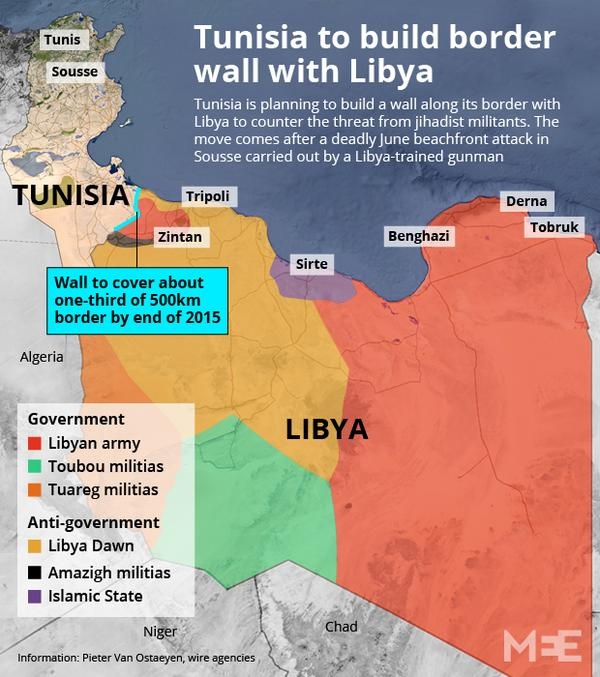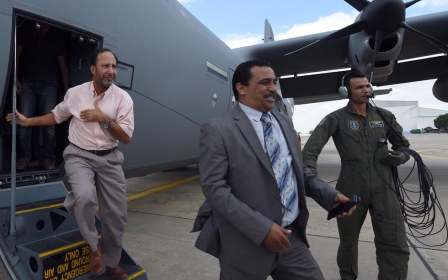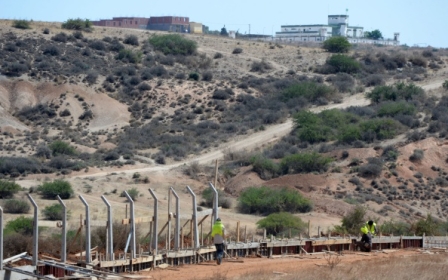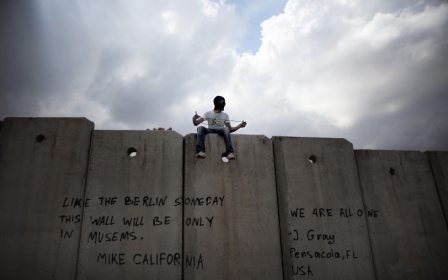Tunisia to build border wall with Libya
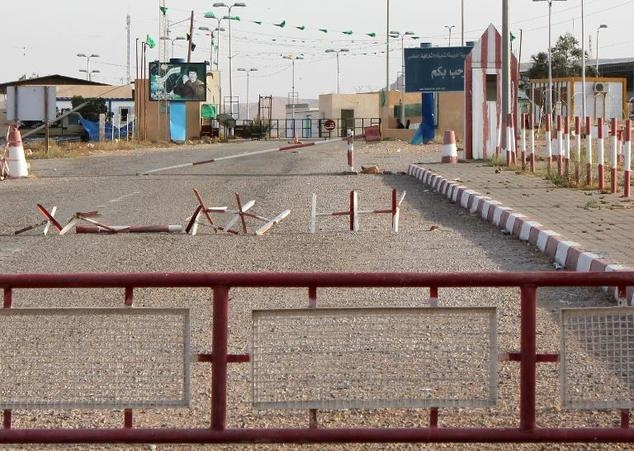
Tunisia has reportedly started building a physical wall to separate it from Libya, its conflict-ridden neighbour to the east.
A trench will accompany a sand wall – both barriers will stretch 168 kilometres inland from the coast, covering about a third of Tunisia's 500 kilometre-long border with Libya.
Officials have said they hope the new frontier will be ready by the end of 2015, meaning construction is slated to take less than six months.
Tunisian Prime Minister Habib Essid said in a televised speech on Tuesday that Libya had become “the biggest dilemma” affecting Tunisia, confirming that the border construction project aims to “stop terrorist groups from infiltrating”.
Essid also said on Tuesday that he was working with Tunisia’s partners, which he did not name, to help fund the cost of establishing electronic checkpoints on the Tunisia-Libya border.
The announcement of the plans comes after it was revealed that Seifeddine Rezgui, the Tunisian national who opened fire at a beach resort in late June killing 38 tourists, had crossed the border to receive training in Libya.
The Tunisians behind the Bardo museum attack in March, in which 21 people were killed in the capital Tunis, had also trained in Libya.
Tunisia has taken pains to secure its borders with its neighbours, especially since an increase in violence in Libya, where two rival governments allied to armed groups are fighting for supremacy in the midst of gains by Islamic State.
Tunisian President Beji Caid Essebsi conducted his first state visit to key ally France in April, with security issues at the top of the agenda.
During a press conference in Paris, he and his French counterpart Francois Hollande confirmed that Tunisia, France and the UAE were considering plans to supply Tunis with weapons to help secure the country’s borders.
New MEE newsletter: Jerusalem Dispatch
Sign up to get the latest insights and analysis on Israel-Palestine, alongside Turkey Unpacked and other MEE newsletters
Middle East Eye delivers independent and unrivalled coverage and analysis of the Middle East, North Africa and beyond. To learn more about republishing this content and the associated fees, please fill out this form. More about MEE can be found here.


